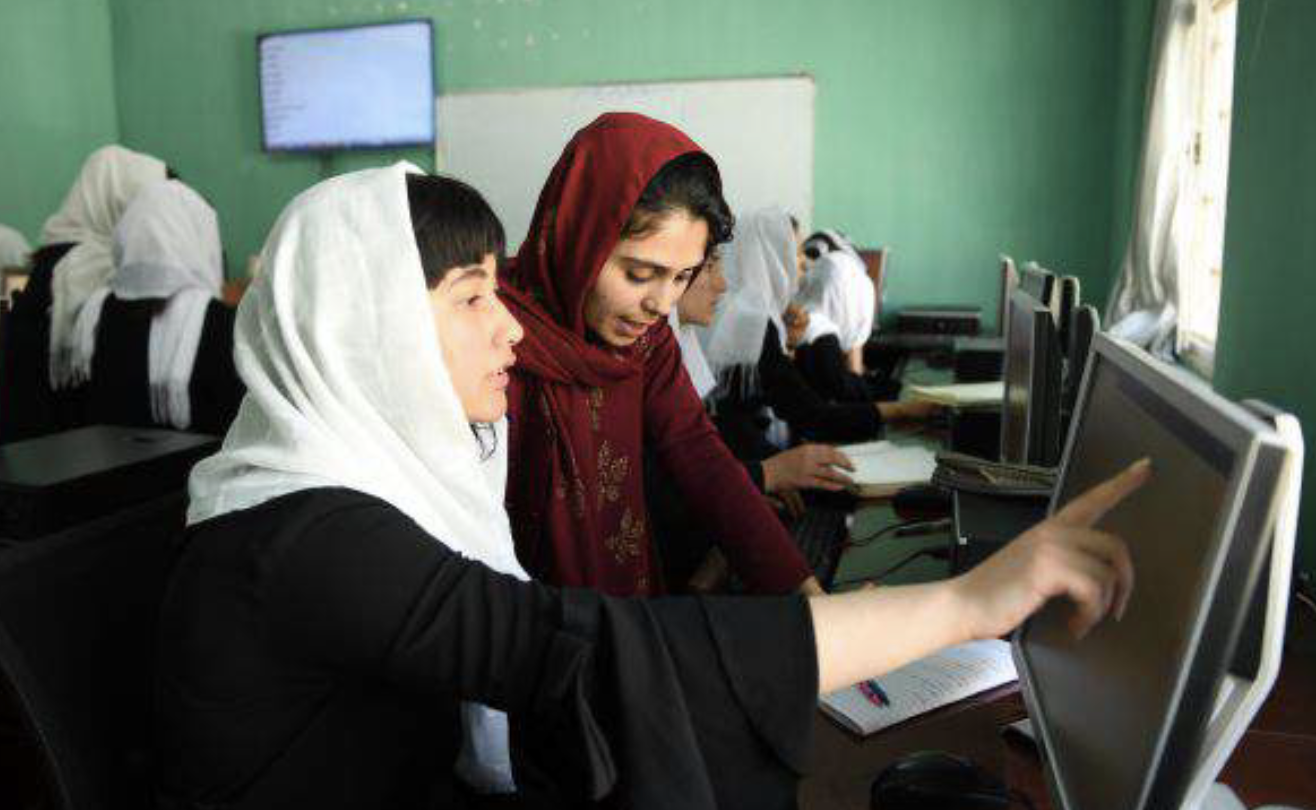March 2022
As the world undergoes a period of uncertainty, young people around the world are particularly affected by the growing inequalities and the consequences of the COVID-19 pandemic, especially as they transition to adulthood. Young people who have made the difficult choice to move, or who have been forced to do so, are particularly marginalised in their current environment: they are not only socially and economically vulnerable, but also psychologically and often legally so.
KNOMAD [Global Knowledge Partnership on Migration and Development] supported by the World Bank commissioned Samuel Hall to produce a scoping paper exploring the nexus between Youth, Migration, and Development. The paper reveals youth & young migrants in the world as resourceful actors of sustainable development in a global context marked by crises.
The paper also draws attention to regional and subregional specificities across the world - setting an agenda on how youth migration can contribute to development and how it can be meaningfully integrated into development strategies.




















